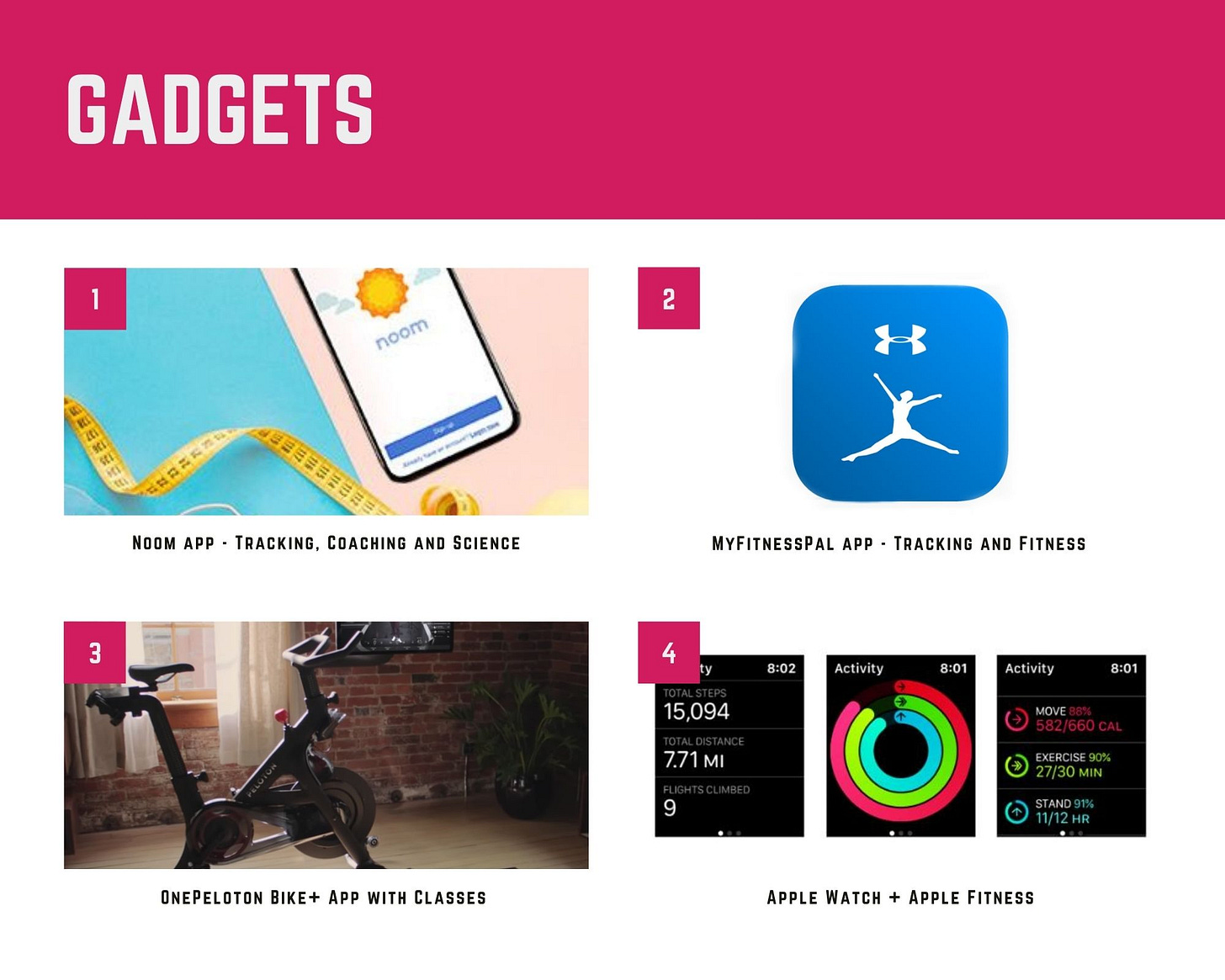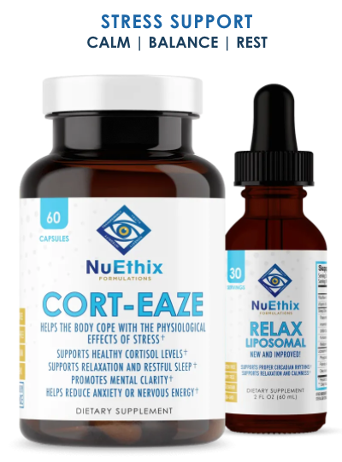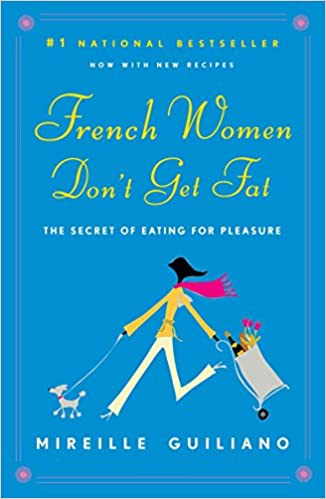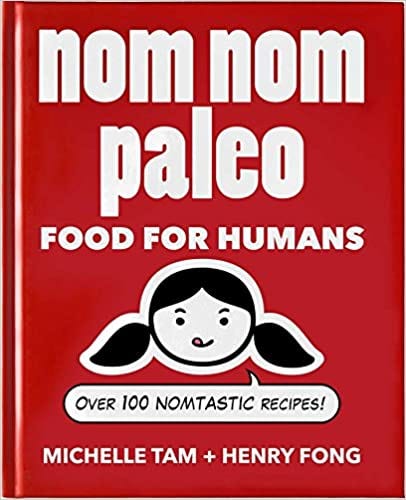My journey with weight loss and wellness
Building habits to enable healthy body, reduce stress and live life to the fullest
I once brought to my childhood home 30 people from my freshman year dorm floor, with 3 -hour notice and my mom was ready with a pot of homemade meatballs, pasta, cheesecake and a smile. To this day (and many years since both my sister and I have left the house), you can show up to my parents’ house at any hour of the night and there is a fully stocked fridge with delicious food in it.
The gift of hospitality is one of the things I am most grateful for to my mom and dad (read Adam’s wonderful post on the Gifts We Hope To Give for more on this). And as a result, in my mind, warmth of a home is directly tied to meals and desserts. Agree or disagree, but welcoming people with a bowl of kale salad is not nearly as exciting as with homemade ice cream, tiramisu or in my case, a bundt cake.
So, unsurprisingly, I associate food with the essence of life – connection, warmth, love and friendship. And while I have never been overly skinny or excessively obese, it was a shock to me when in 2017, my doctor somberly gave me my post pregnancy diabetes results and told me that if I don’t get my weight under control, I will very likely end up with type 2 diabetes (this is after I dealt with gestational diabetes during my second pregnancy).
In case you are looking for how this story ends – with the jolt in 2017, I was able to come back down into a normal BMI for my body, so I stopped being on the diabetes watch list. Through this I have come a long way to realize that the battle for a non diabetic life for me is really a battle for a healthy and fulfilling life and not a war with food.
Over the years (well before 2017), I have read and tried a myriad of products, books and recipes, but at the end of the day, this continues to be a journey for me with its ups and downs, twists and turns. Here are some of the most memorable takeaways and products that I have encountered on my journey. If you have a book, a recipe, or a methodology that has helped you on your journey, please share.
It’s not about the weight
I can finally honestly say that being healthy is not about a number on a scale for me. In the past, when my goal was solely weight based, I would let the scale run my life and it was not fun to be around me. When I adjusted the goal to be more around “I want to be able to play tag with my kids or I want to be strong enough to ski” then weight became a proxy but not the actual destination. So on the days when the scale goes up (and trust me, that happens regularly since I track daily), but I can easily carry a boat down to the lake without much effort and get compliments from my kids on how strong I am, it is still a great day.
For me, it’s all about accountability and routine
There were two books that have clarified a lot for me about what I’m trying to do and what kind of support I need for it:
Gretchen Rubin’s Four Tendencies
Rubin studies people and habits and proposes a personality framework where you identify yourself as an obliger, questioner, upholder or a rebel. Of course, we are complicated beings and in reality there is overlap between all these. This was eye opening because after I took the free diagnostic quiz and read the book, it turned out that I am an obliger. Therefore, I understood and internalized that there is nothing wrong with the fact that I am not able to stay motivated to achieve my personal goals without help – it’s not that I’m lazy, but rather external accountability systems are critical for my success.
James Clear’s Atomic Habits
This book really hit it home for me about the need to make progress every day, making it easy to do the right things in your environment - example: water bottle filled, on your desk and in your eye sight if you want to drink more water. My favorite quote in his book:
“You do not rise to the level of your goals. You fall to the level of your systems.”
My biggest takeaway here is make things as easy and convenient for yourself so you aren’t fighting against the grain to live the life you want to live.
Since I am a product manager, I can’t help myself but reflect on some of the gadgets I have found to help me stay accountable and to create a routine:
Noom – this is a lifestyle diet + coaching app. The app gives you bite size steps to take to build up to a healthier you including researched articles, a coach, a support community, recipes and nudges to stay on track by logging food and weighing in. I did this for about 6 months and it was pretty effective (although expensive $60 a month after specials/trials run out). I stopped using it because I was doing weight training and wanted to track food/protein differently.
MyFitnessPal – the most comprehensive app to help you track food, weight, has community aspect to it and exercise options. It is not nearly as beautiful and delightful as Noom is nor does it have the coaching aspect to it. Price reflects that at $50 a year. I have this app and use it for daily weight and food tracking (ok food tracking is really hard, so I do this in spurts). I do not use it for community for exercise programs, but those are available.
OnePeloton + Classes – Since my ACL surgery, I haven’t been able to run, so I have switched to the Peloton. It is a high quality bike – the ride is smooth and the resistance is significantly better than on a cheaper gym bike. I am a big fan of leaderboards and community peer pressure, so this is right up my alley. I also love the companion app – I have done power walks with accompanying music as well as stretching and yoga classes.
My name is bundtcakemama, so if you are riding, please add me to help me stay accountable!
Apple Watch – I am not going to get into the review of the Apple Watch itself, but I will say that for me, it’s great for building a daily habit of closing my activity rings every day. This is part of my routine and it helps me keep moving. I also like the mini 7-day competitions that I do with friends and co-workers. The trash talk competition messages and emojis are a delightful add to the experience.
And as it turns out, reducing stress, getting enough sleep, and taking my vitamins are way more important than I thought for my wellbeing
Weighing myself everyday really did show me that food and exercise are only some of the ingredients that go into the weight equation. The amount of sleep I am able to get and how stressed/not stressed I am impacts the scale, my mood and my overall wellness. I’m a big fan of NuEthix multivitamins as well as relax drops and Cort-Eaze to help me with managing stress.
For sleep, I highly recommend the The power of when by Michael Breus to help you identify which chronotype you are so that it’s easier to help your body be in the flow of your biological clock. There is a free quiz you can take to get started. On his recommendation, I now use blue light blocker glasses at night while I read to reduce strain on the eyes as well.
Set sustainable goals, ditch the diet culture
I was so lucky that I have had a great fitness/life coach through the The Body Lab. My coach’s most impactful message to me was to be realistic with myself. Specifically, we made two adjustments that have really helped.
For years, I would set my diet calorie goal to be 1200 calories a day and then beat myself up over it because I couldn’t sustain it for longer than 3 days. We tweaked it to be 1600 calories with 100-120 grams of protein each day. This was I had a surplus of calories left over on weekdays, but I didn’t fail every weekend.
One day I came to my coach and said, I plan to add yoga (at least 20 minutes) everyday. She said, “great, how about we start with once a week for 2 months and see how that goes.” That goal became so much more attainable and sustainable. She also taught me to love lifting weights and showed me what a difference that makes when you add that to cardio. Highly recommend The Body Lab!
Diets and Cookbooks
I have also tried every a bunch of diets over the years. The upside is that they all come with recipes, many of which I have adopted into my repertoire. The bad news is that none of these were sustainable for me. But here are the ones that stood out:
French women don’t get fat by Mireille Guiliano
This was the first cook book/diet I explored as I was entering my professional life and was seeing the effect of happy hours and receptions (I worked in politics at the time) on my body back in 2006-2007. I cooked through this book and paired the recipes with a morning bootcamp. What I loved was the cleaning magical leek soup recipe that I learned, how to make homemade yogurt, the benefits of dark chocolate and the wonders of fresh product and farmers markets. I felt great – healthy and alive. Dinner took 2+ hours to make and I don’t think I lost any weight as portion slowly and steadily increased.
Whole30 - It starts with food by Melissa Hartwig Urban
I have done multiple rounds of Whole30 diet (usually in the beginning of the year) – this is a 30 day cleanse essentially where you only eat unprocessed food and cut out dairy, gluten, processed sugar and soy. There are specifically no restrictions on portion sizes or fats. This is a great way to reset your taste buds and get rid of sugar cravings. However, I have not found this to be sustainable nor conducive to actual weight loss.
Nom Nom Paleo: Food for Humans by Michelle Tam and Henry Fong
There isn’t much difference between Whole30 and Paleo, except that Paleo is more of a lifestyle and Whole30 is a month long program. Paleo does allow some amount of dark chocolate and wine the entire time, while Whole30 is very restrictive for the first month. But really, you define your own reality, so you can adopt Whole30 forever. The Non Nom Paleo cookbook is approachable, funny and has tasty recipes (like crispy Brussel Sprouts chips. If you go down the path of Whole30 and Paleo, ingredients like ghee, eggs and avocado become pretty big staples in your diet.
The Belly Fat Cure by Jorge Cruise
This is another version of Weight Watchers where you have a certain number of points allocated to foods - and where carbs get more points than others. The book has recipes to try to make this be approachable and if you like the point system, it’s worth a try. I thought at the end of the day, that simple calorie tracking and focusing on additional protein achieved the same results for me with less hassle.
Summing it all up:
Where does all this leave me? Well, my weight has fluctuated back up after a combination of falling off the exercise/eating wagon after my ACL injury/surgery/ recovery and starting a new job (always a stress inducer, no matter how fulfilling the new gig is – read From Mega-Corp to Growth Stage Company Transition). So I’m getting myself back on the wagon by moving every day, tracking weight, aiming for 1600 calories a day, boosting protein intake and getting more sleep and giving myself grace.
There is no magic here – this takes a bunch of discipline, resilience and grit. Thank you for reading about my journey and I hope to hear about yours as it is less lonely to do this when you know there are others out there fighting similar battles.
Coda on Privilege
We end most posts with reflection on what charities/organizations we support that resonate with us and are topical. For this week, I want to highlight Nordstrom’s Beat the Bridge Run in support of JDRF (Juvenile Diabetes Research Fund) finding a cure for Type 1 Diabetes. We have supported this cause in the past and can’t wait for an in person run, hopefully in 2022 (the run was virtual in 2020 and will be in 2021 again).











Is there any room for wine? 🍷